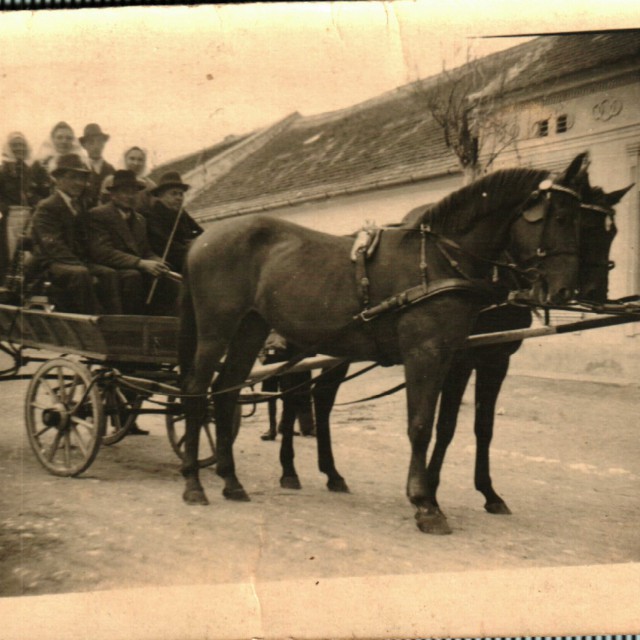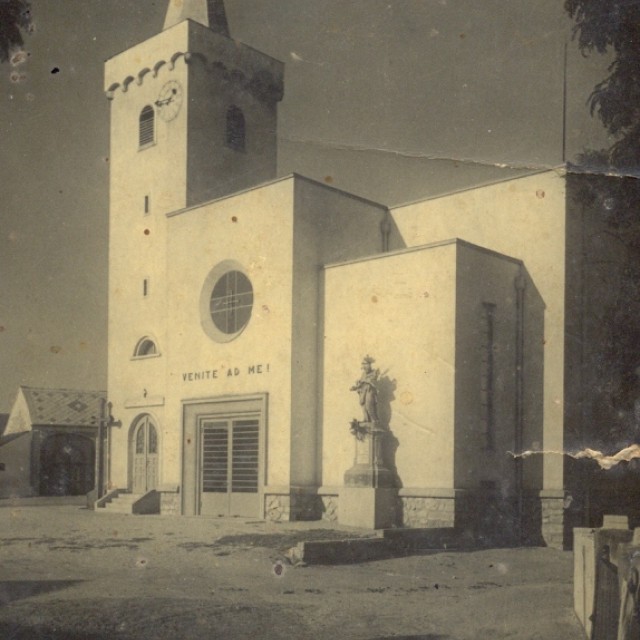Uncle Slunský
Not only the departure but also the occasional coming back to their original homes was very exacting for the former inhabitants of the Croatian villages. One the one hand, there were bureaucratic obstructions. After the erection of the Iron Curtain, the Croatian villages found themselves in the border zone and entering the villages was possible only with permission. On the other hand, returning to a home that was no longer that person’s home amounted to a huge psychic strain. “Uncle Slunský had a tavern. Once he came back to Frélichov to take a look. He had also been forced to leave his horses there. On the way there, he met the Czech who had confiscated his property; the man was with the horses that once used to belong to my uncle. When my uncle saw his horses that he had once held so dear, he took them by their necks and went mad. He couldn’t bear to see those horses that he loved so much knowing that they did not belong to him anymore. It took away his reason. It was a very sad story.”
Hodnocení
Hodnotilo 0 lidí
Routes
Not a part of any route.
Comments
No comments yet.






